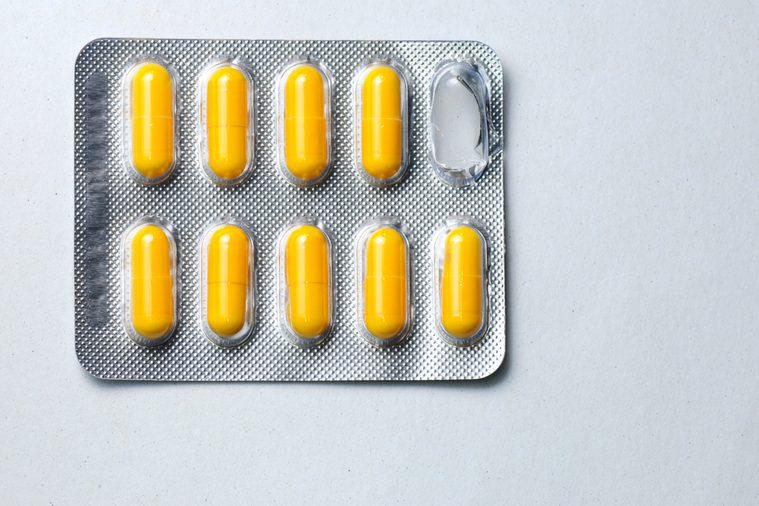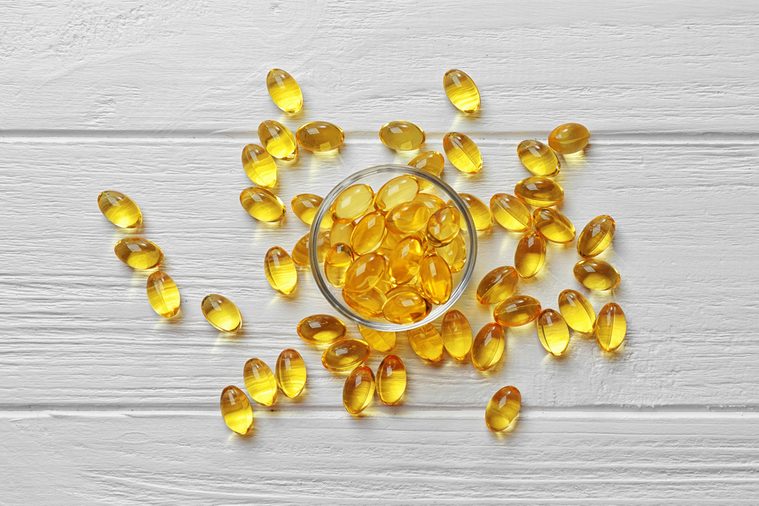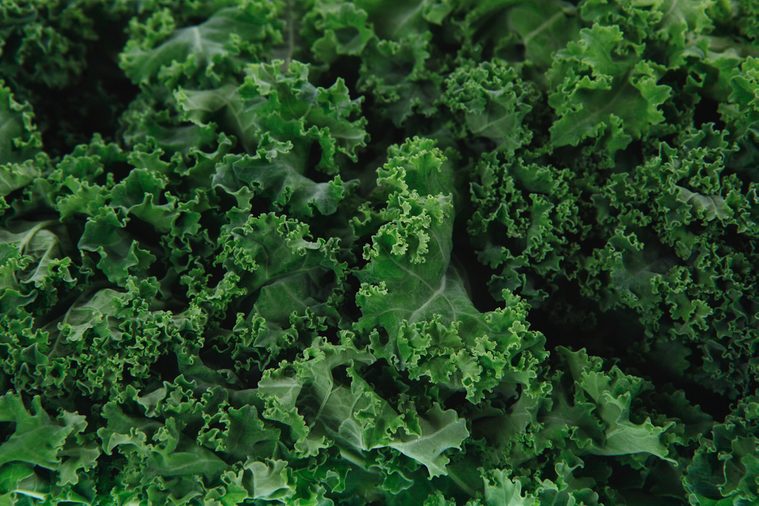LightField Studios/Shutterstock
Elusive sleep
If it’s 2 AM and you’re reading this article in hopes of finding a solution to your endless tossing and turning, you’re not alone: Between 50 and 70 million U.S. adults suffer from some form of sleep disorder, including insomnia, according to the American Sleep Association.
Unfortunately, chronic sleep deprivation can have serious health consequences. One study published in the journal Sleep found that sleeping less than seven hours per night on a regular basis doubles your mortality risk and sleeping less than six hours quadruples your risk.
Americans spent $41 billion on sleep aids and remedies in 2015. “That’s more than they spend on any other ailment, making sleeplessness the biggest epidemic facing the nation today,” according to David Friedman, RND, a board-certified alternative medical practitioner in Wilmington, NC.
But there may be more to blame than your stressful lifestyle, graveyard shift work, or staying glued to your smartphone while lying in bed. “An often overlooked factor in sleep problems is a vitamin deficiency,” says internist Arielle Levitan, MD, co-author of The Vitamin Solution: Two Doctors Clear the Confusion About Vitamins and Your Health. “We need adequate levels of key nutrients to get good quality sustained sleep.” Following are some of the best-known vitamins and minerals that could help you get the ZZZs you need.
Alex Staroseltsev/Shutterstock
Vitamin C
$7.00
12.4920% OFF$9.99 at Amazon
You probably already know of vitamin C’s importance to your immune system, but did you also know it’s vital to sleep? According to a 2014 study published in PLOS ONE, people who have low blood levels of vitamin C had more sleep issues and were more prone to waking up during the night. Of course citrus fruits are high in C—but these foods have more vitamin C than an orange. You could also pop a vitamin C gummy for extra assurance.





























